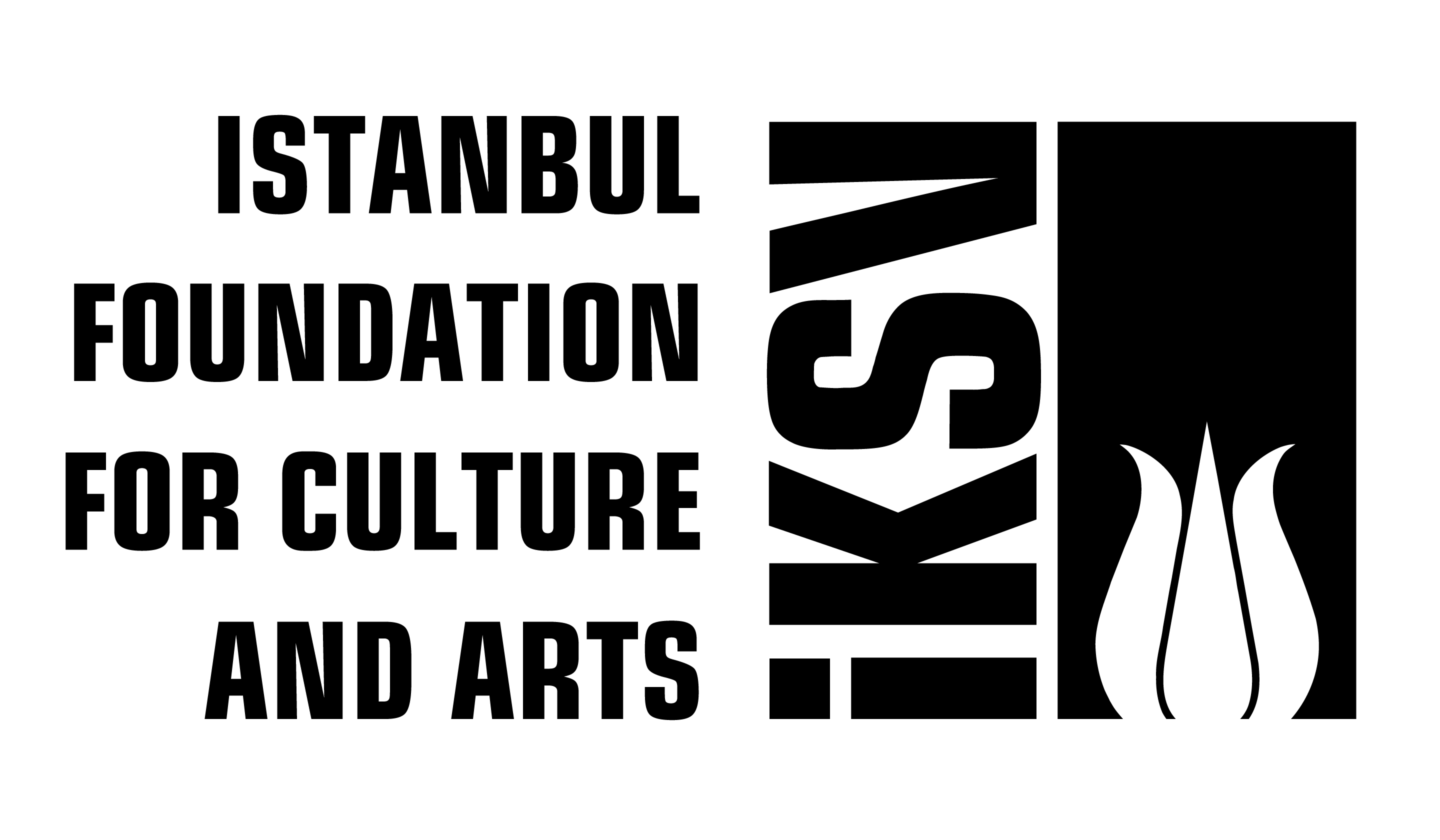Aylin Çankaya
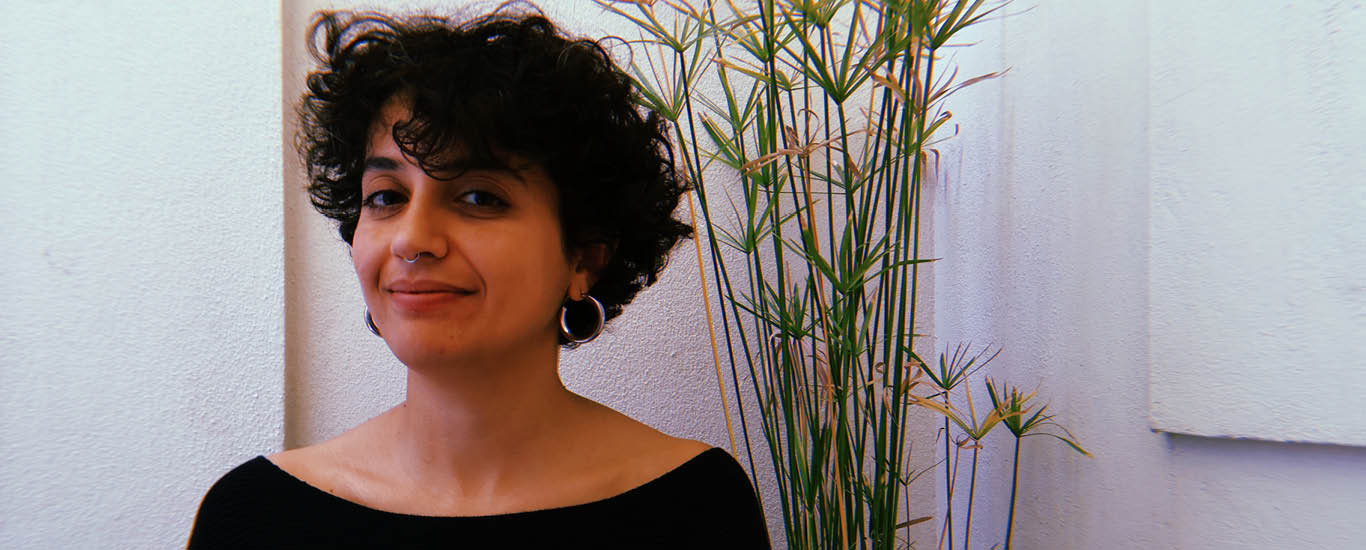
Aylin Çankaya (b.1989, Antakya) graduated from Eskişehir Osmangazi University, Department of Architecture in 2013. Afterwards, she her graduate degree in ‘History, Theory and Criticism in Architecture' at Istanbul Bilgi University with a thesis titled 'Right to the Island: Islandness as a State of Introversion and Extraversion: The Cases of Istanbul’s Islands and Burgazada' under the supervision of Dr. Emrah Altınok in 2016. She is currently working on her thesis entitled 'Back-to-the-Land Movements at The Periphery of Istanbul: The Expanding Commoning Networks based on Accessing Fair Food' under the supervision of Prof. Stavros Stavrides in National Technical University of Athens.
In 2022, she conducted a video series project titled 'Back to the Land Initiatives on the Periphery of Istanbul: Seeking the Right to Access Fair, Healthy and Clean Food in the City', which focuses on the stories of seven different food producers. In 2023, she continued her research in Palermo, which tries to produce an urban critique through the stories of those who try to re-establish their ties with the land by starting food production in the inner and peripheral parts of the city. Thanks to this research and the collaborations she established locally, she produced a video series with four different stories of ‘back to the land’.
In addition to all this, she has been working as a musician since 2013. After the 6 February earthquakes, she focused her artistic work and research on Antakya, the city where she was born and raised.
Cemil Çalkıcı
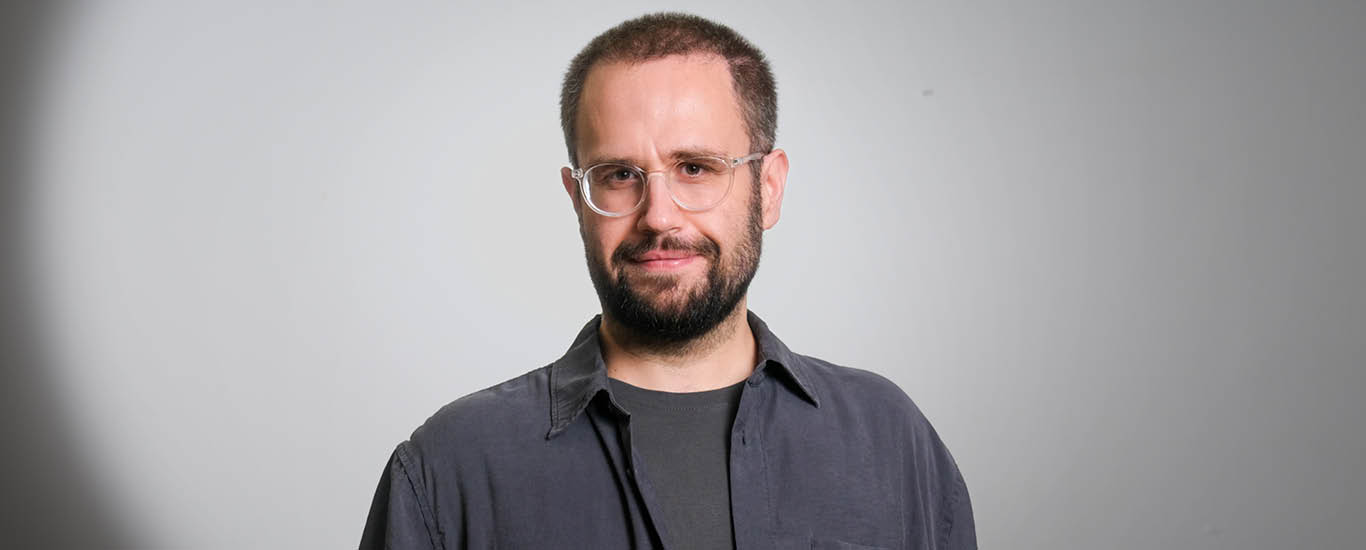
©Kaan Cansever
Cemil Çalkıcı (1994, Saimbeyli) graduated from the Faculty of Architecture at Istanbul Technical University (ITU) in 2019. Immediately after his Bachelor's studies Çalkıcı started his Master's studies in Architectural Design Programme at ITU, where he finalized his master's studies with the thesis entitled "Examination of the Conception of Models in Architecture and Mathematics on the Material and Intellectual Axis". As he was pursuing his Master's studies, he participated in the the Erasmus+ programme as an exchange student at Katholieke Universiteit Leuven (KU Leuven) in Belgium for a year.
The programme at Nesin Art Village (NSK), which he participated in 2016, played an important role in his art practice. At NSK, he coordinated the architecture programs for two years (2016-2017). Çalkıcı was one of the participants in the Vardiya Project of the Pavilion of Türkiye at the 16th Venice Architecture Biennale. He also took part in the School of Unknowables Project at the 4th Istanbul Design Biennial. He participated in numerous workshops in cities such as Helsinki, Brussels, Ghent, Istanbul, and Izmir. In 2021, he took part in the exhibition "Surrender and Resistance" at LUCA School of Arts with his curatorial performance titled “At the Borders of Understanding”. Having worked briefly in architecture offices, he decided to continue practicing in art and architecture at the studio he founded in 2020, called Yunivorks. He taught a semester at Çukurova University Faculty of Architecture in the Architectural Project Design Studio (2023-2024). He is currently teaching art, design, and architecture at an online school based in London and living in Adana.
In his works, Çalkıcı generally explores the relationship between the natural and built environments. He investigates the recurring and occasionally disrupted textures, lines, surfaces, and forms between architecture, urban landscapes, and natural elements through techniques such as freehand drawing, painting, photography, and collage. In particular, he focuses on the unpredictable changes in designed physical spaces, such as deterioration and destruction, which have been realised through various effects over time. His research is synthesised in a performative way with the emotions and thoughts at the moment of artistic production. Although he sometimes works directly with photographic images of physical spaces, he prefers to focus on the spatial character of the paper surface itself, the material, line, shape, colour, texture and the drawing process.
Gökçe Çetin
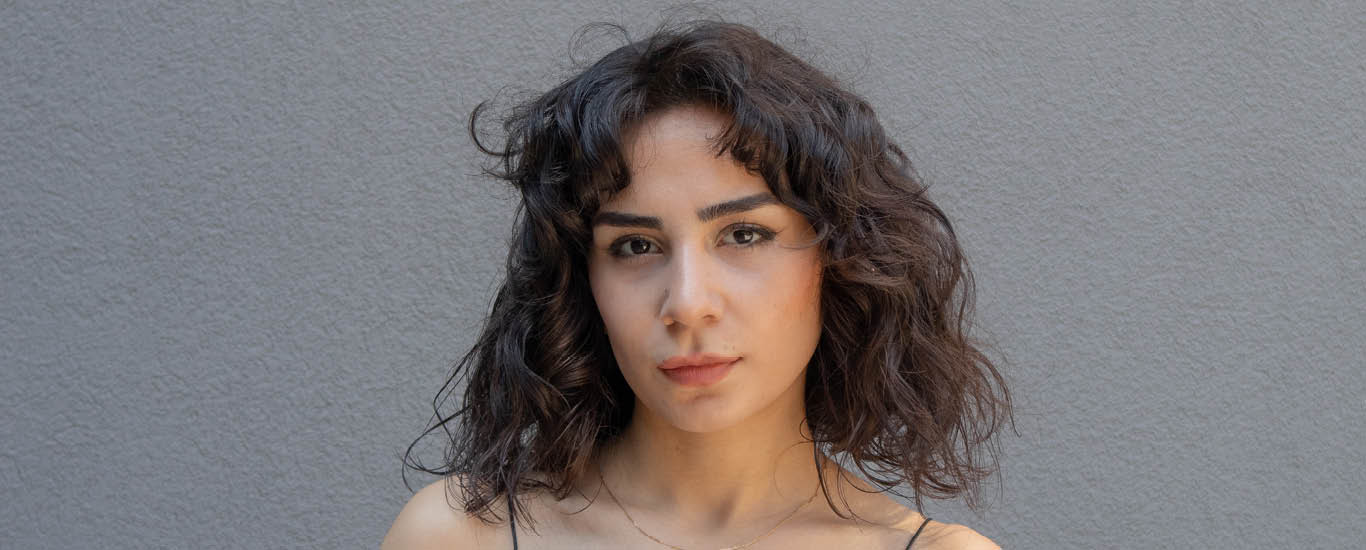
Gökçe Çetin (b. 1999, Kahramanmaraş), while continuing to work on emotions and social norms, started to focus on themes of death, loss, mourning, and their effects on individual life after the Kahramanmaraş earthquake. In her works, she considers the psychological conditions that individuals are going through and shares her experiences from the therapy process.
After completing her high school education in Child Development and Education/Early Childhood, the artist pursued her passion for art education. She continued her studies in the Department of Painting and Teaching at Muğla Sıtkı Koçman University between 2018-2019 and simultaneously worked in various organizations in Istanbul to support her artistic development. In 2019, Gökçe Çetin began her education in the Painting Department at Marmara University, where she is currently still studying. She lives in Istanbul and continues her work there.
Macide Yalçınkaya
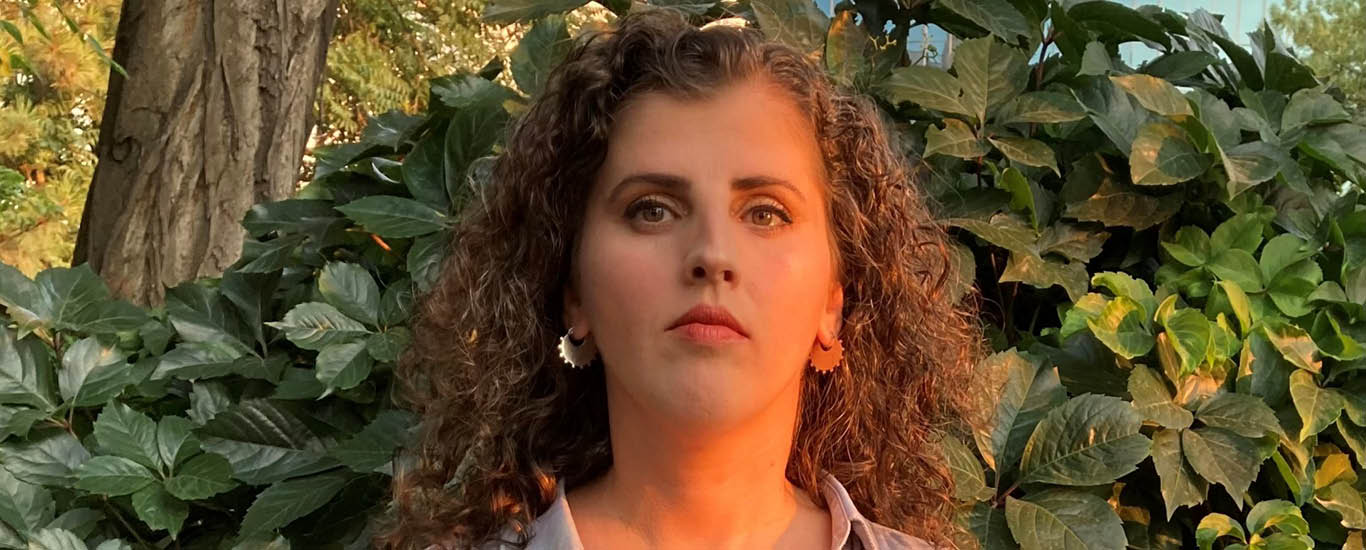
Graduating in 2011 from the Faculty of Education, Department of Art Teaching at Hatay Mustafa Kemal University, Macide Yalçınkaya centers her art around the concepts of repetition, pattern, and uncertainty. In each series, she explores the evolving meanings and visual interpretations of these concepts through systems built on foundations reshaped by diverse references. Her work focuses on the complex state of order before it becomes a pattern and the necessity of restructuring after it is altered. She examines how this process mirrors various aspects of daily life, such as behavioral patterns and movement patterns. Her practice and research delve into the dynamics between order and disorder.
Nesime Karateke
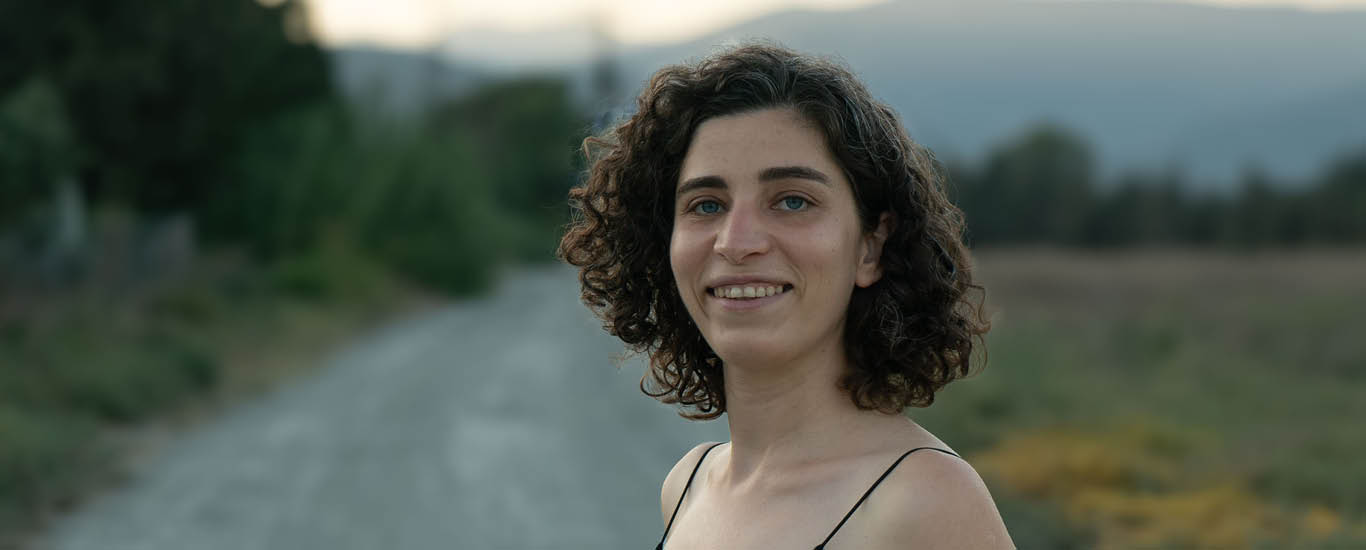
Nesime Karateke (b. 1991, Antakya) graduated from Mersin University's Radio, Television, and Cinema Department in 2017. She directed the documentaries Alternative (Başka) in 2017, Roma Garden (Roma Bostanı) in 2020, and Ida Is Our Home (Kazdağları Evimiz) in 2021.
Karateke's journey in documentary filmmaking began with the stories of human relationships shaped by urban and environmental issues. However, the earthquake transformed her work, shifting her focus to the questions of personal memory, belonging, and urban memory. Exploring these questions through the lens of a camera and documenting the stories of those who contribute to cultural heritage both nourishes and excites me. I continue to reflect on and create artwork around these themes.
Rozelin Akgün
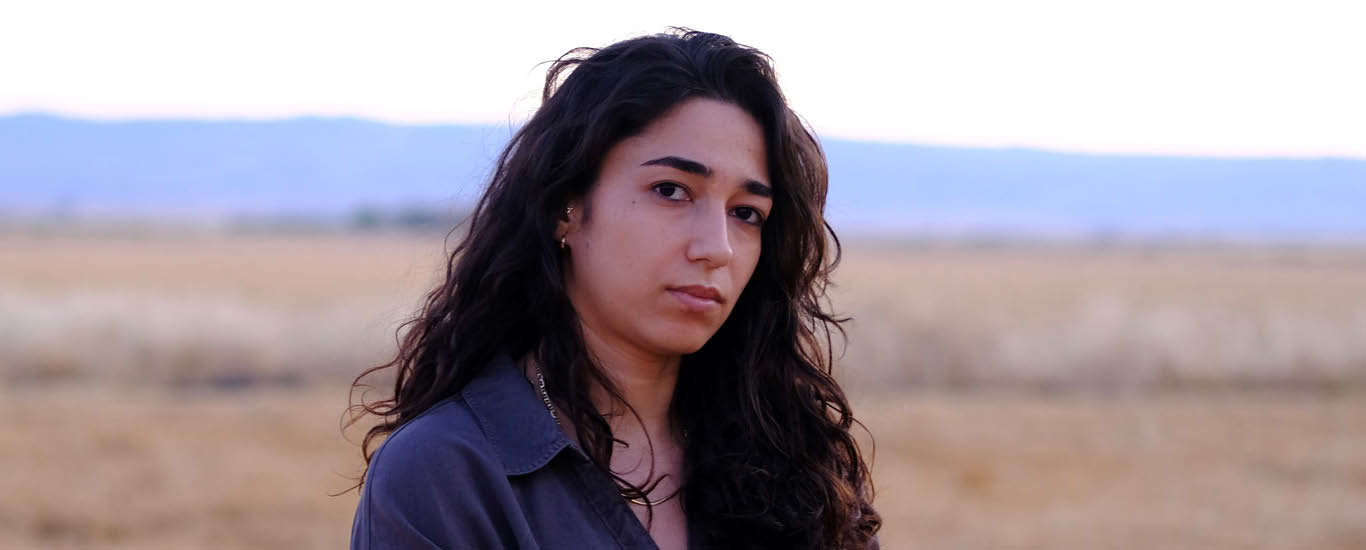
Rozelin Akgün (b. 1995, Diyarbakır) received her bachelor degree in landscape architecture. Akgün focuses on biological cycles and biomaterials in her works. By incorporating social, cultural, economic and psychological contexts into her creative processes, she explores themes of organic matter and transforming forms. Aiming to explore the relationships between humans and nature through practice-based experimental research methods, the artist aims to develop more visceral relationships and blur the boundaries between the body and the environment through material research projects. The use of biomaterials in Akgün's art practice emphasises the richness of nature and the importance of biodiversity. Through the inclusion of biomaterials in art, she explores a reflection of the permeability between matter and meaning, and the blurred boundaries between body and environment. In the unadulterated correlation between nature and man, she produces her works not with a permanent concern, but through the processes of melting, remolding and reshaping in a continuous cycle of transformation.
In 2022, Akgün exhibited his material archive of bioplastic samples as part of the open studio titled “Bio Archive” in Loading, and in the same year he took part in the group exhibition organised at A4 Atölye with her work titled Anthropogenic Mass. In 2023, she participated in the exhibition Entangled Archives of Wars: Experiences, Images, and Politics of Representation in Sarajevo in 2023. In 2024, her project “Active Landscapes” was supported by CultureCIVIC and in the same year she participated in the Montag Residency programme. She completed her seminar and workshop at Malatya Turgut Özal University Faculty of Art, Design and Architecture department with the exhibition titled Within Ourselves.
